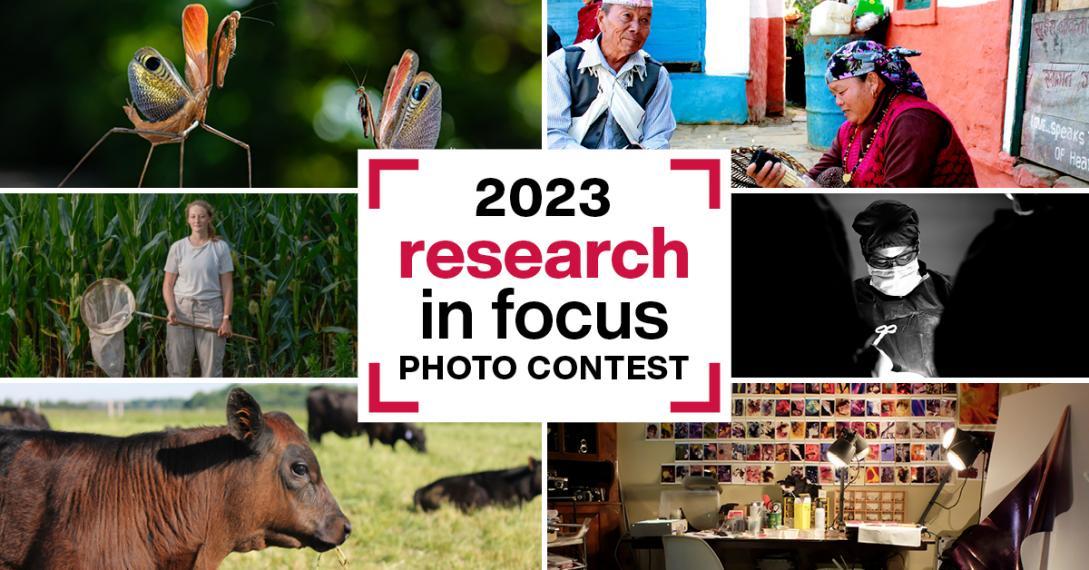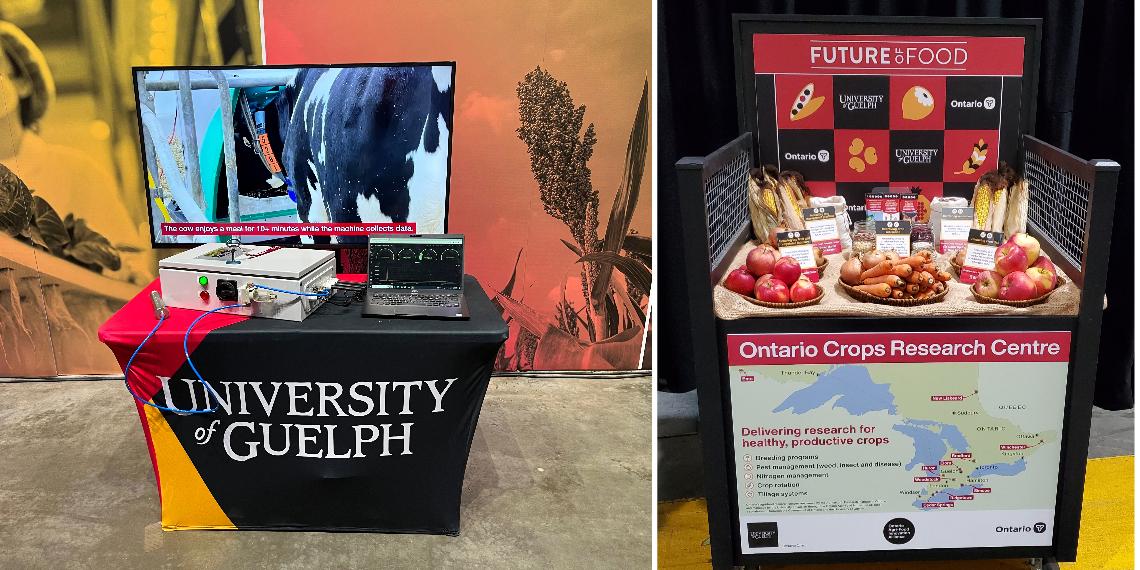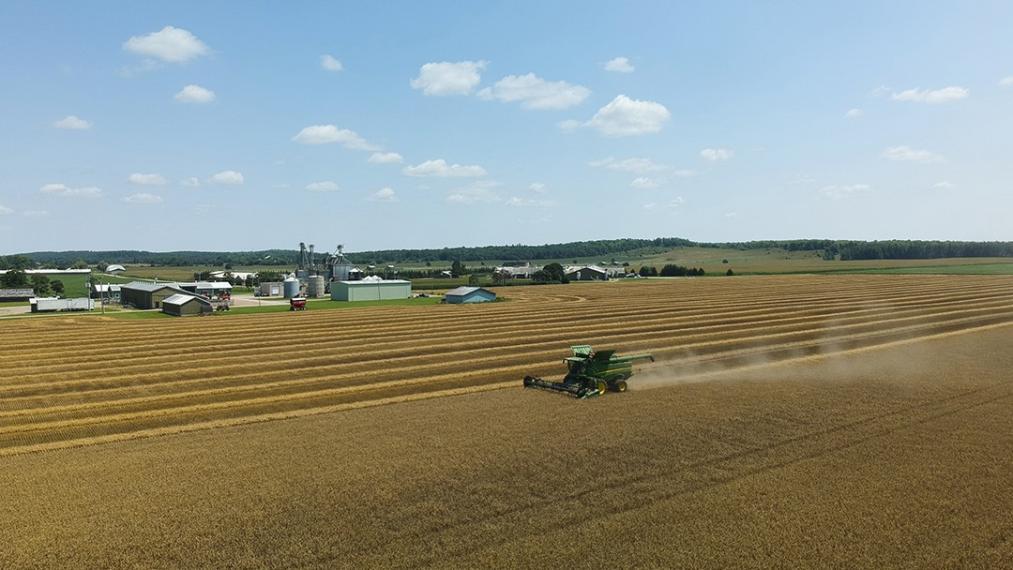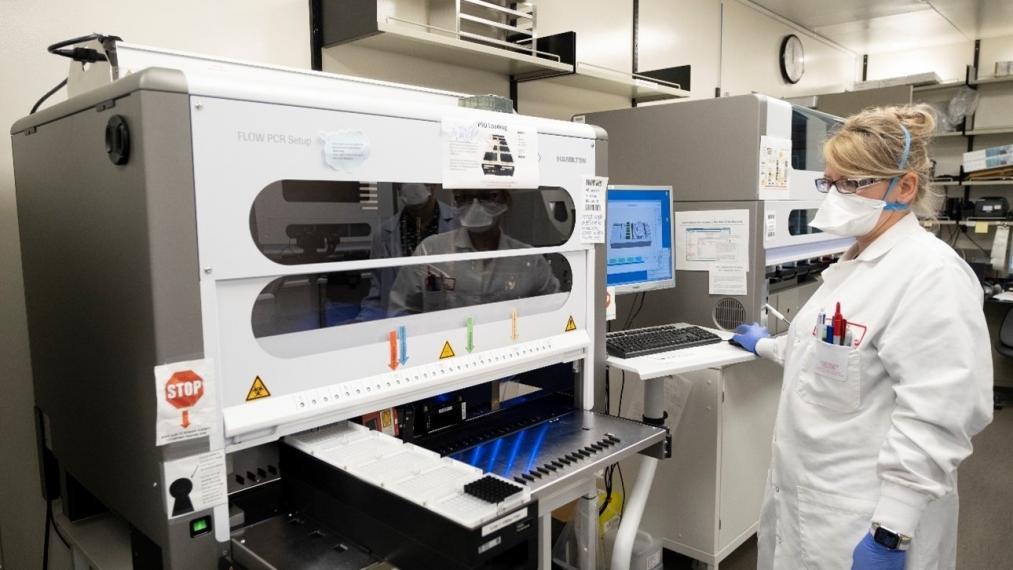
Deadline extended! Research in Focus: Photo contest for U of G staff, students and faculty
The deadline has been extended to November 10, 2023 at 11:59 p.m.!
There is a $750 prize for a new agri-food category, supported by the Ontario Agri-Food Innovation Alliance. Share your compelling research stories! Get the full details and submit your photo(s) by November 10.


